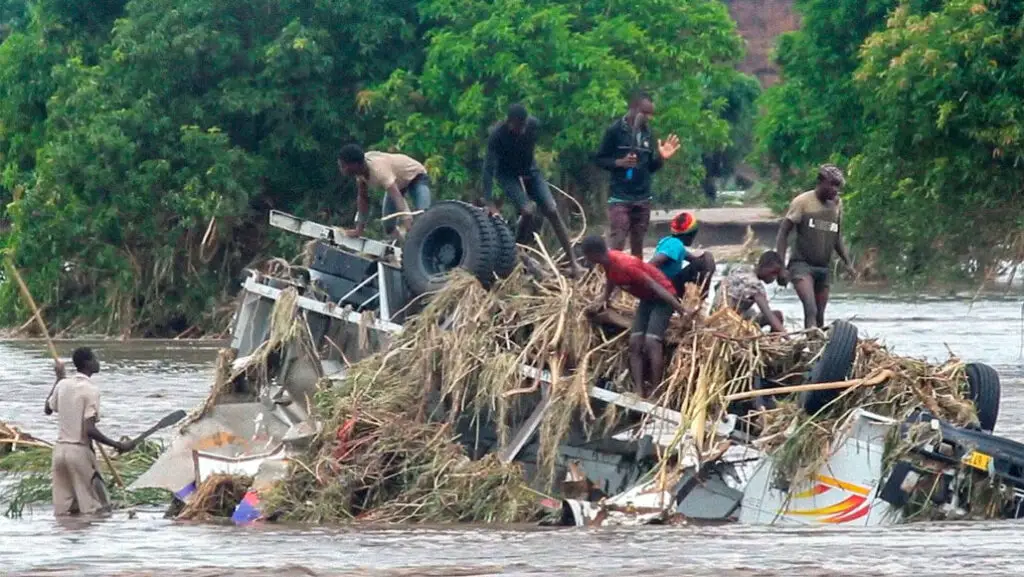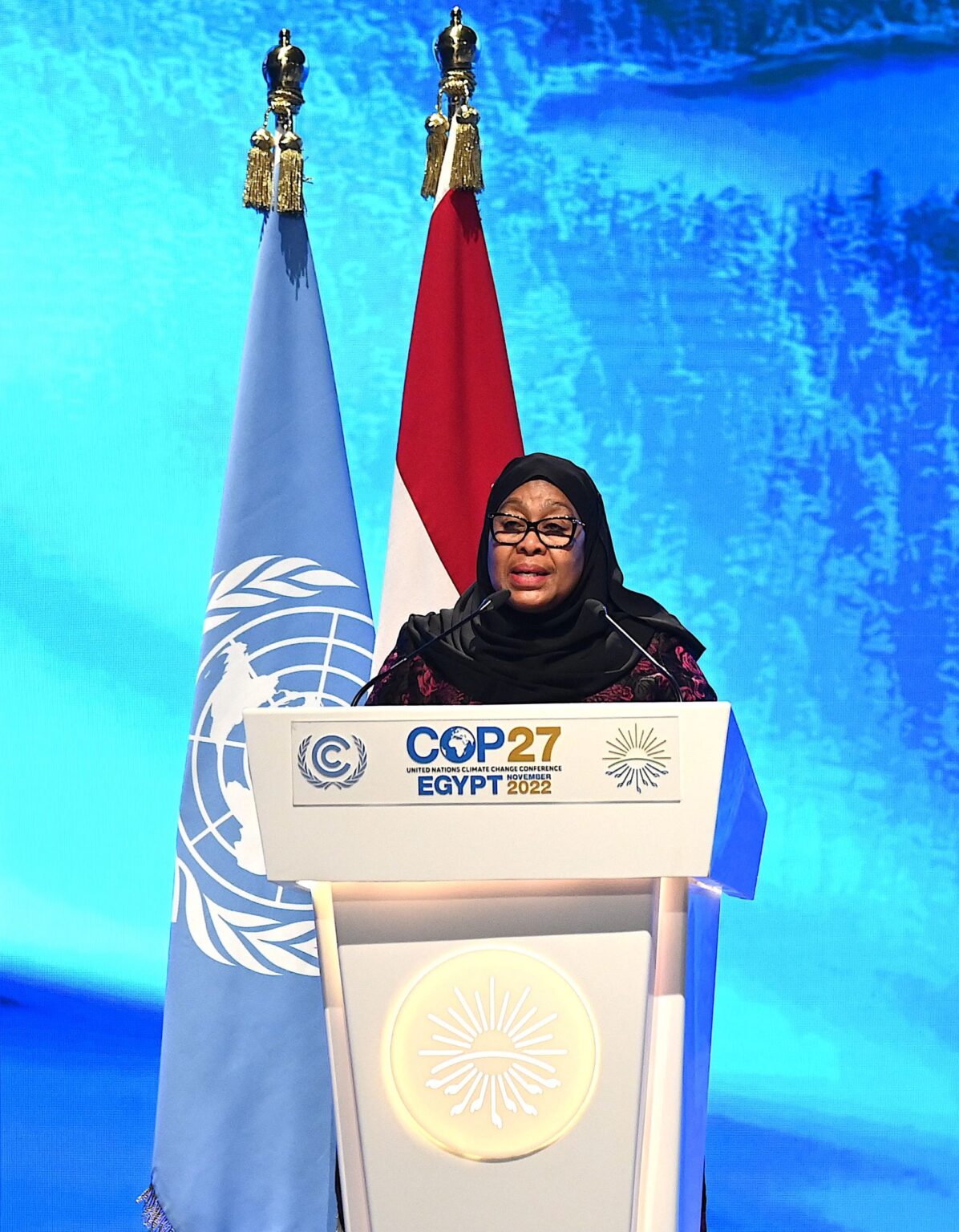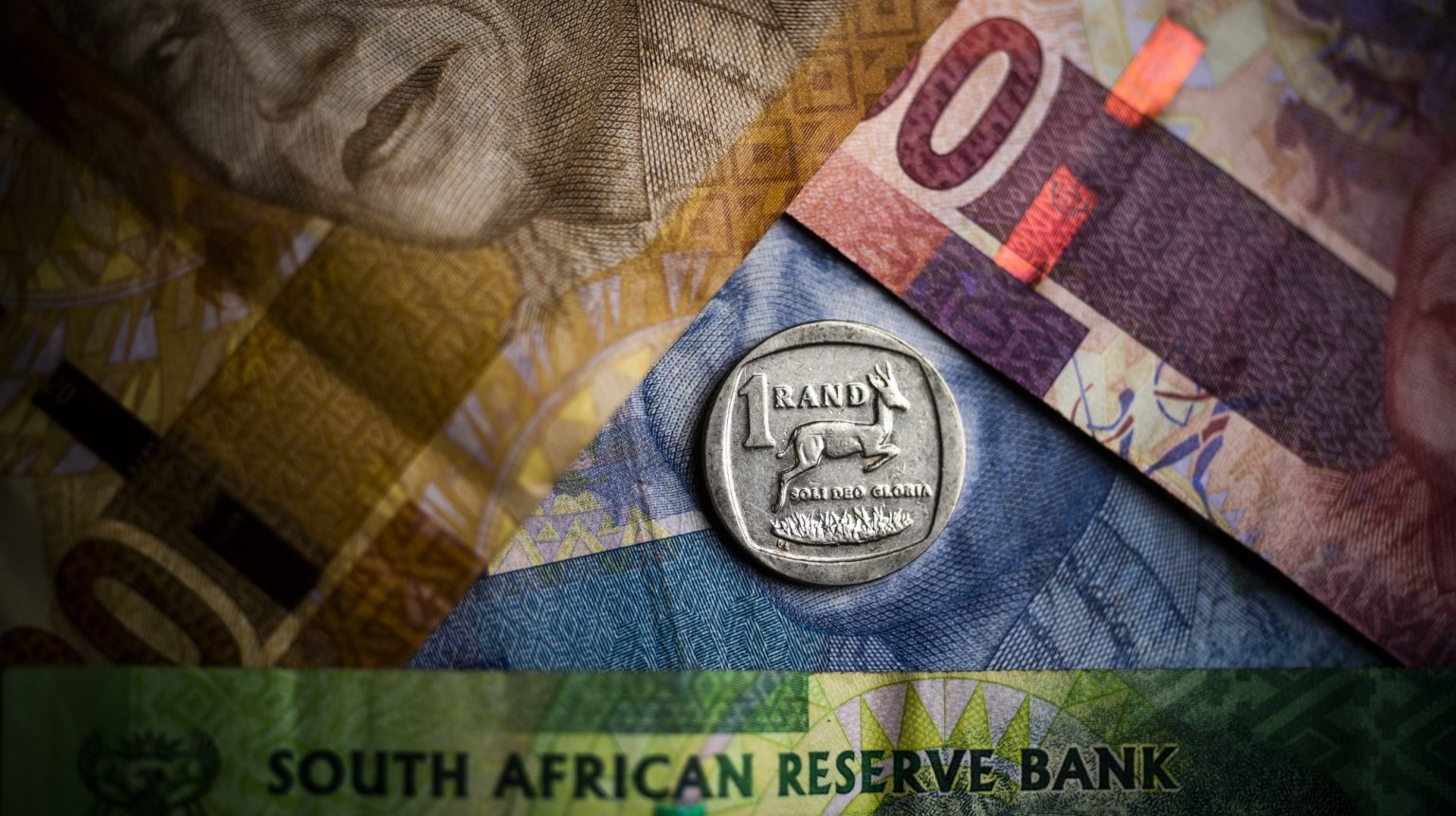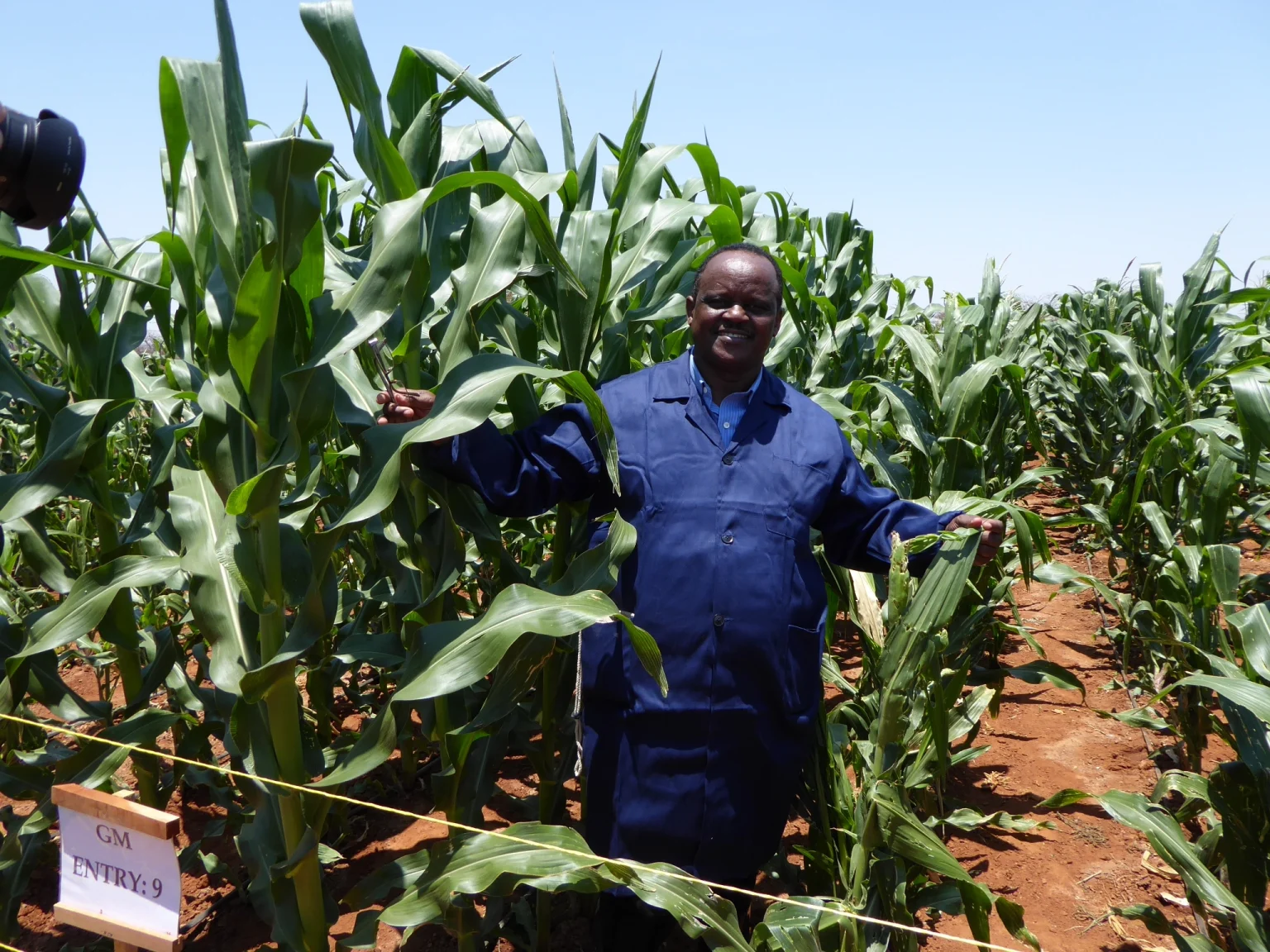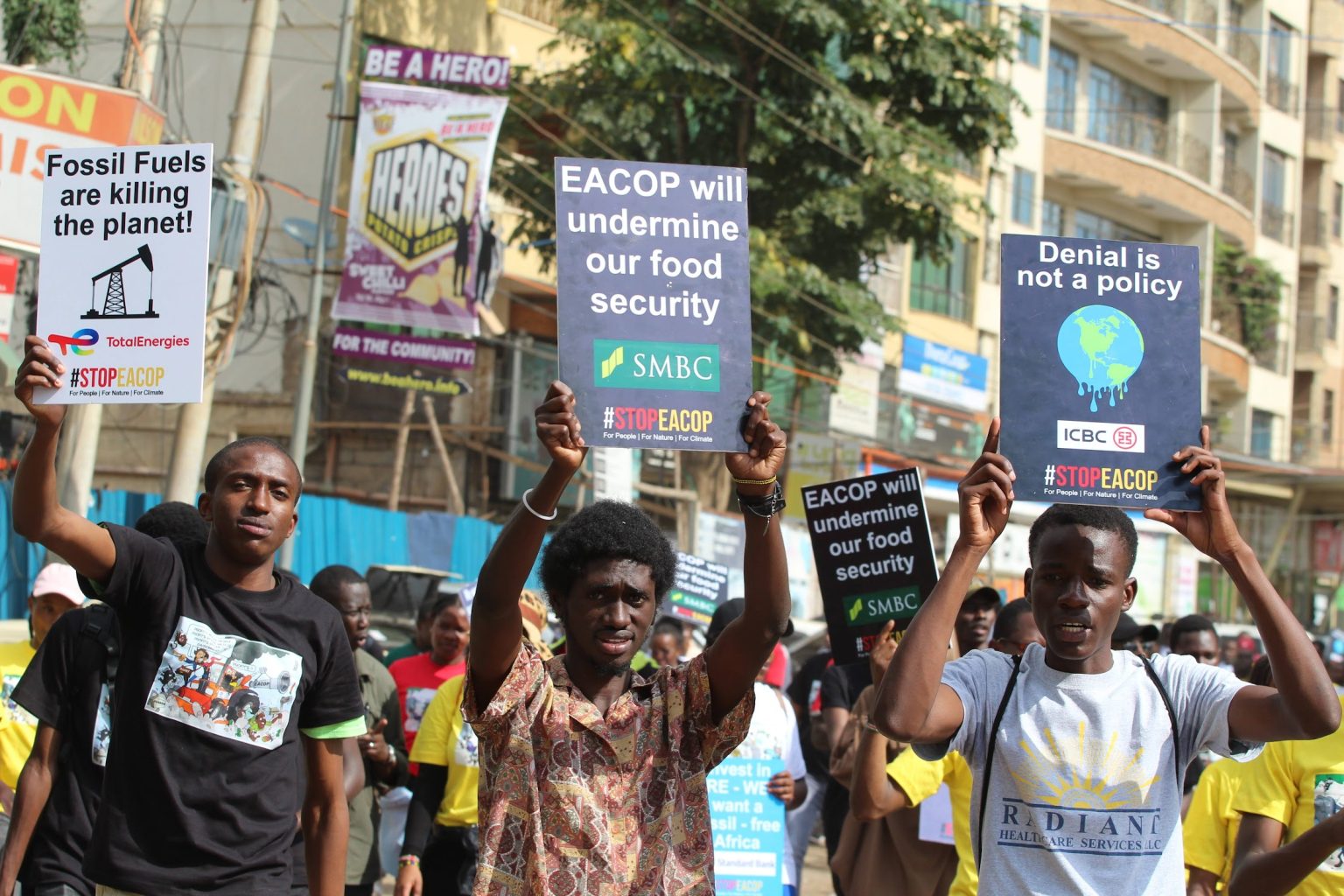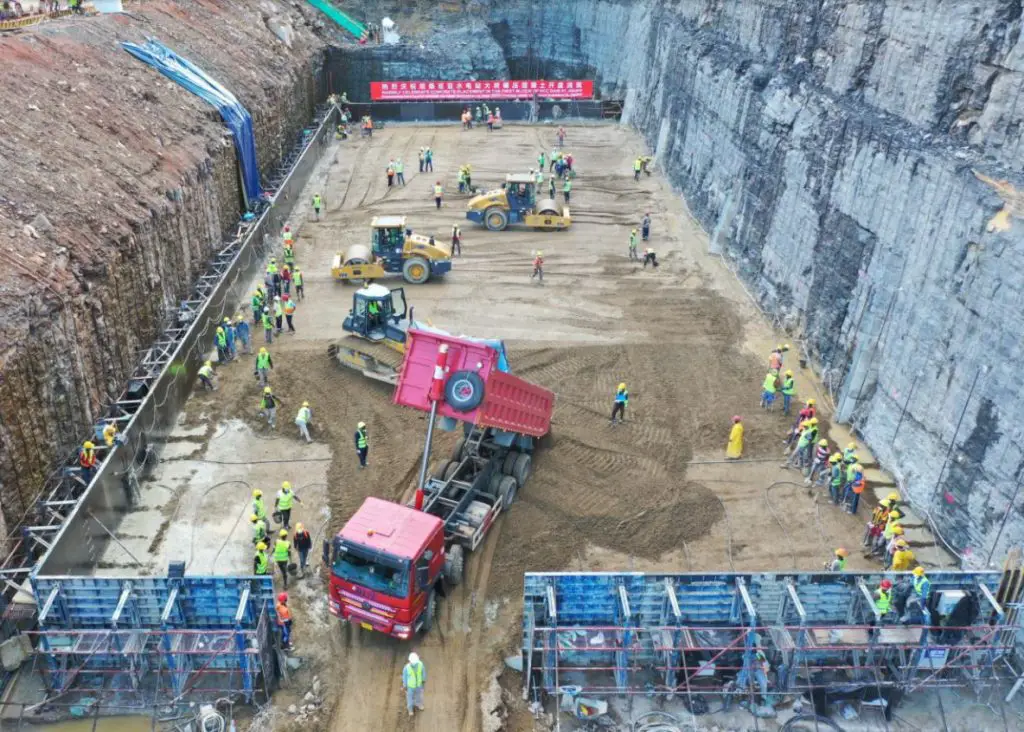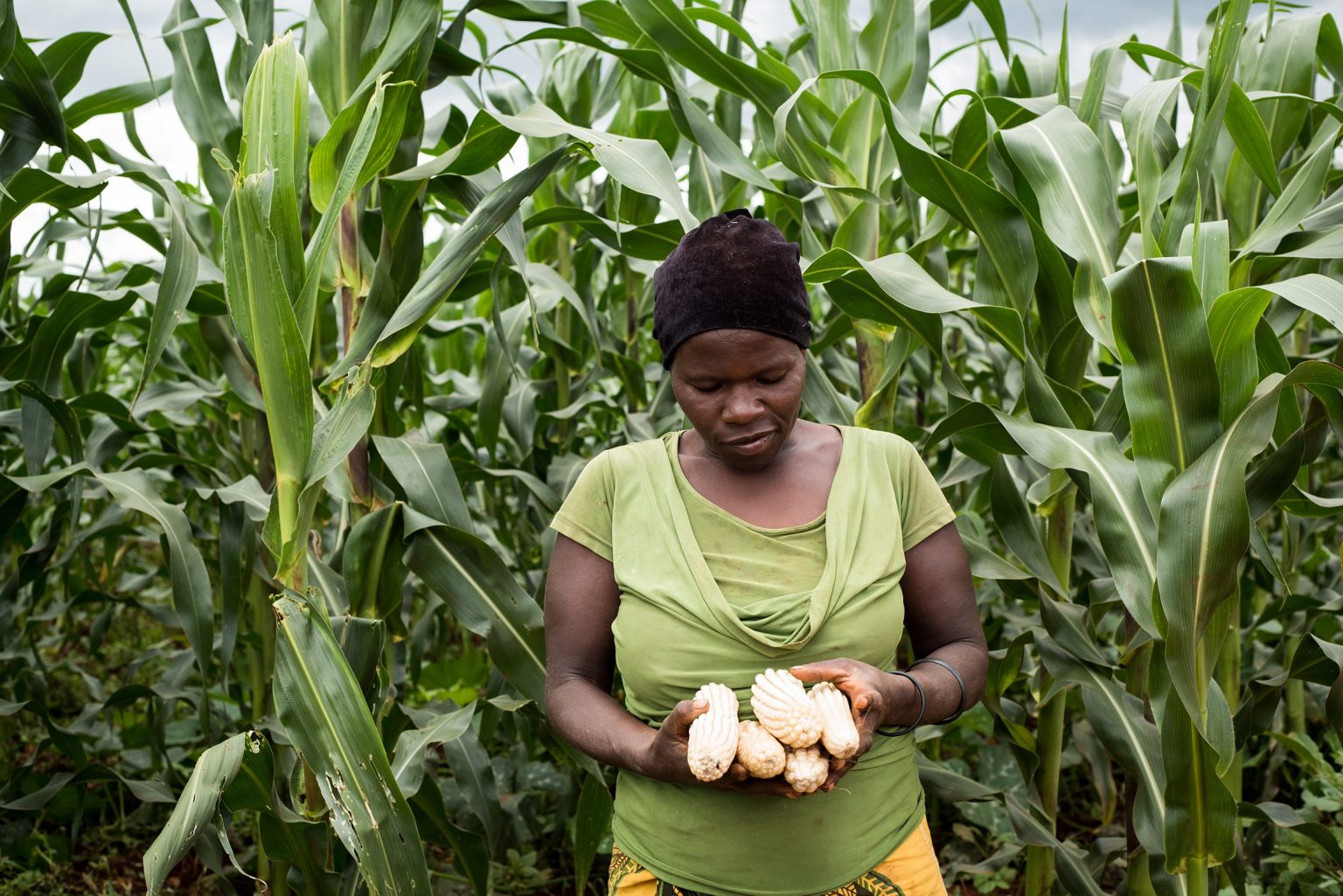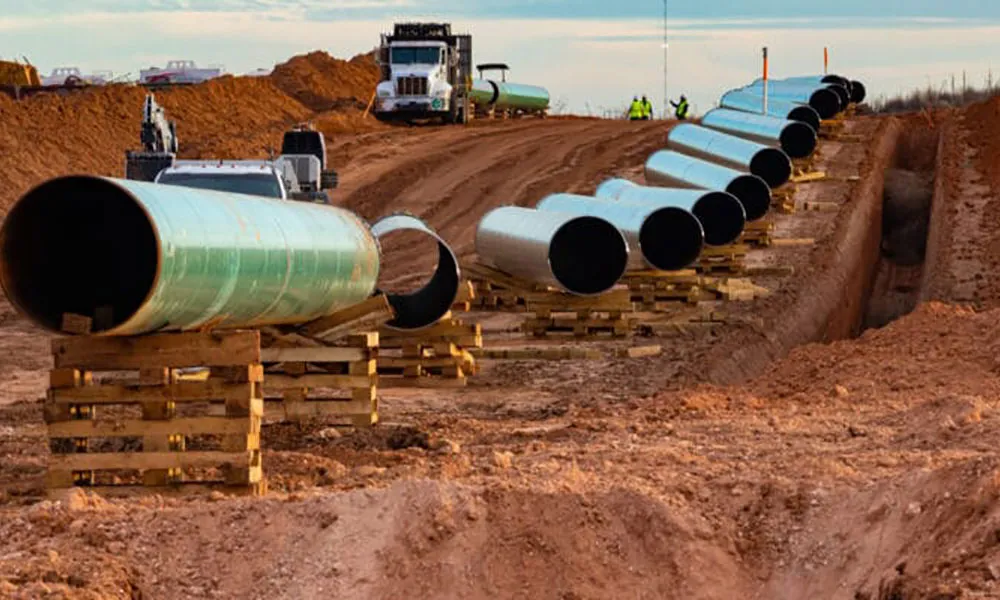- Abu Dhabi radiates optimism as over 300 startups join AIM Congress 2024
- TLcom Capital Raises $154 million in Funding to Boost Its African Growth
- Africa’s $824Bn debt, resource-backed opaque loans slowing growth — AfDB
- LB Investment brings $1.2 trillion portfolio display to AIM Congress spotlight
- AmCham Summit kicks off, setting course for robust future of US-East Africa trade ties
- Why the UN is raising the red flag on the UK-Rwanda asylum treaty
- Portugal’s Galp Energia projects 10 billion barrels in Namibia’s new oil find
- Wärtsilä Energy offers tips on how Africa can navigate energy transition and grid reliability
Author: Padili Mikomangwa
Padili Mikomangwa is an environmentalist based in Tanzania. . He is passionate about helping communities be aware of critical issues cutting across, environmental economics and natural resources management. He holds a bachelors degree in Geography and Environmental Studies from University of Dar es Salaam, Tanzania.
COP27 outcomes were far and few for Africa, yet the UN announced an Executive Action Plan for the Early Warning for All initiative, which calls for initial new targeted investments of US$3.1 billion between 2023 and 2027, which is equivalent to a cost of just 50 cents per person per year.
This warning system comes to address crucial issues of extreme weather conditions such as disaster risk knowledge, observations and forecasting, preparedness and response, and communication of early warnings.
A couple of the notable outcomes for Africa included the continent’s rainforest giant, the Democratic Republic of Congo (DRC) collaboration with Brazil and Indonesia, to launch a partnership to cooperate on forest preservation after a decade of on-off talks on a trilateral alliance.…
Tanzania is now executing several energy projects, including the East African Crude Pipe Line Project (EACOP), which brought several international attention fighting its realization.
The widely followed meeting is occurring in the continent for the fifth time and attracting thousands of participants engaging in serious conversations that might lead to the realization of climate targets.
The 27th meeting of parties calls for moving from negotiations (which occurred in COP26) and “planning for implementation” for all these promises and pledges made (United Nations -UN).
As Samia presents the ambitious deal on behalf of a dozen southern African nations – the pressure lies upon the developed economies to jump in and support the common cause.…
Debts are quite effective economic tools when used correctly. However, debts have been seen to hold people and nations accountable over time and space and sometimes push developing countries to the edge of economic crisis.
In the case of Africa, debt has evolved to become a phenomenon that nations such as South Africa, Sudan, Tanzania and Zambia battle with every inch of their economic prowess.
The African Report argued that the number of African countries at risk of debt distress has doubled since the COVID-19 pandemic, but only three of them have opted for debt restructuring.
- South Africa has been hit with most brutal power outages which hurt the economy significantly
- Recently, the finance ministry of South Africa stated that it will transfer state energy provide Eskom to government to empower the utility performance
- South Africa’s debts will peak at just over 71 per cent of gross domestic product this
It is important to take a clear view of the past to understand the complexities of the future. In this case, the trade relations issues of the past between Kenya and Tanzania showcase how these nations have much work to do.
In June 2022, Kenya pointed out that its trading partner—Tanzania doubled the cost of export permits by almost 93 per cent, which could spark another set of disputes with the Kenyan government.
This scenario impacted trucks transiting into Kenya with precious and expensive cargo—amid the new requirement demand. Hundreds of trucks were left stranded at the border.
In 2020, Tanzania brought another set of issues, arguing that its trade partner Kenya used zero-rated industrial sugar imports to produce various products. Hence, concerning this, Tanzania imposed a 25 per cent import duty on Kenyan confectionery, including chocolate, chewing gums, sweets, ice cream and juice.…
Both nations have the right to attain energy supremacy as it has been a long-time ambition. Despite that goal, environmental and climate-related concerns must be addressed if they are present.
The EACOP is one starting point that can catapult the region towards economic mastery and energy sufficiency. Tanzania, which is also banking on natural gas exploration and production, could learn a lot from EACOP complications now.
Despite the challenges, EACOP’s potential has managed to draw the attention of other financiers, and things are turning out well. The project has attracted US$300 million from alternative lenders as its proponents rush to save the project from pressure groups citing environmental concerns, according to a report by The Citizen. …
Banking in Tanzania is taking a different shape and form as competitive banks such as CRDB Bank begin injecting serious resources to transform banking and businesses.
Banks are now offering a rather creative element of financial services. Agents, ATMs, mobile and internet banking are transforming how people exercise financial services while bringing the gap between the banked and unbanked population.
- Global Finance has recently awarded CRDB Bank best bank in the country.
- CRDB Bank is the first bank in Tanzania to be rated by Moody Investor Services.
- CRDB Bank singlehandedly becomes the first bank in the country to have pulled a successful deal of raising funds from international markets.
From that standpoint, CRDB Bank is working tirelessly to play its part in improving the welfare of small and medium-sized businesses by offering them realistic and creative banking services that lead as an example for other banks in Tanzania.
Banking in
…The Julius Nyerere Hydropower dam is an ambitious energy project and one of its kind across East Africa, with the capacity to generate 2,115 megawatts. The project cost $2.6 billion and is currently the most significant contract handled by Egyptian companies in Africa.
In August, it was reported by the Tanzanian Minister of Energy, January Makamba, that construction of the dam reached 67.18 per cent. The real work on the ground kickstarted in December 2018, which spanned out Tanzania’s government’s ambition to enrich its energy capacity from all fronts.
Further, the dam is 131 meters high and 1,025 meters long at the summit. The constructors managed to complete the tasks 687 days after the diversion of the river in November 2020 (Tanzania Times).
Tanzania’s electricity generation is comprised of several sources. Hence the dam stands to vitalize power availability and change the state of installed capacity. At least 48 per …
Music and film are now turning the creative and entertainment tide across the continent. The creatives in Africa are now crowned and featured by other established performers in the developed world, which signals the potential of the creative industry in Africa.
There are more than 2,500 films made each year in Nigeria’s film hub, “Nollywood”. As modern filmmaking technologies expand across Africa, more works are now done in other developing industries in East and Southern Africa.
The United Nations Education, Scientific and Cultural Organization (UNESCO) find the audio-visual sector to be a honeypot, but it is largely untapped. The industry is estimated to account for $5 billion in revenue in Africa out of a $20 billion potential and employ at least 5 million people.
On a global scale, cultural and creative industries are estimated to generate about $2.25 trillion annually, 3 per cent of global GDP, and employ around 30 …
Tanzania is building irrigation schemes for rice production and encourages efficient use of fertilizers via its 10-year National Rice Development Strategy Phase II (NRDS-II). “The NRDS-II purpose is to double the area under rice cultivation from 1.1 to 2.2 million hectares from 2018 to 2030, double on-farm rice productivity from two t/ha to four t/ha by 2030, and reduce post-harvest loss from 30 per cent to 10 per cent by 2030,” according to ITA.
The exportation of goods is a numbers game. Numbers give a unique perspective on the trend of agro-product exportation across potential and competitive markets in the region and abroad.
ITA shows that the exportation of corn has faced setbacks in the financial year 2021/2022 as forecasted to decrease by 20 per cent, equivalent to 80 million metric tonnes, due to the COVID-19 pandemic disrupting supply chains. The decrease is attributed to reports of truck drivers’ screenings, …
The ministry argued that the oil pipeline project is being implemented strictly on international safety, environmental and social aspects, including the Human Rights Impact Assessment (HRIA).
The EACOP project has managed to amass at least US$20 billion, benefiting the two neighbouring nations immensely. That’s why Tanzania is stern on highlighting key issues regarding human rights and environmental risks.
“A dedicated HRIA was undertaken as part of the project implementation process. The HRIA assessed and put in place measures for addressing the potential adverse of the project on the human rights enjoyment,” the statement pointed out.
According to the EU Parliament statement, at least 100,000 people have been forced to move out of their homes to leave the path for the pipeline.…





